Optimal Timing for Waterproofing Projects
Proper timing for waterproofing projects is essential to ensure durability and effectiveness. The optimal period depends on climate conditions, temperature stability, and moisture levels. Generally, dry and mild weather conditions provide the best environment for application and curing of waterproofing materials.
These seasons typically offer moderate temperatures and lower humidity, making them ideal for waterproofing applications. Consistent dry weather helps ensure proper adhesion and curing.
Late summer can also be suitable, provided there is a dry spell. Early fall allows sufficient time for waterproofing to cure before colder weather sets in.
Winter and periods of heavy rain are generally unsuitable for waterproofing, as low temperatures and moisture can compromise the effectiveness of the materials.
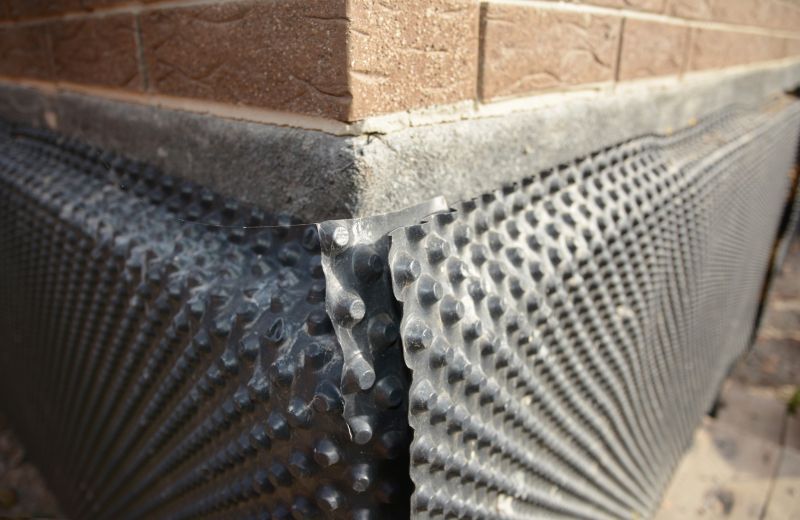
Ways to make Waterproofings work in tight or awkward layouts.
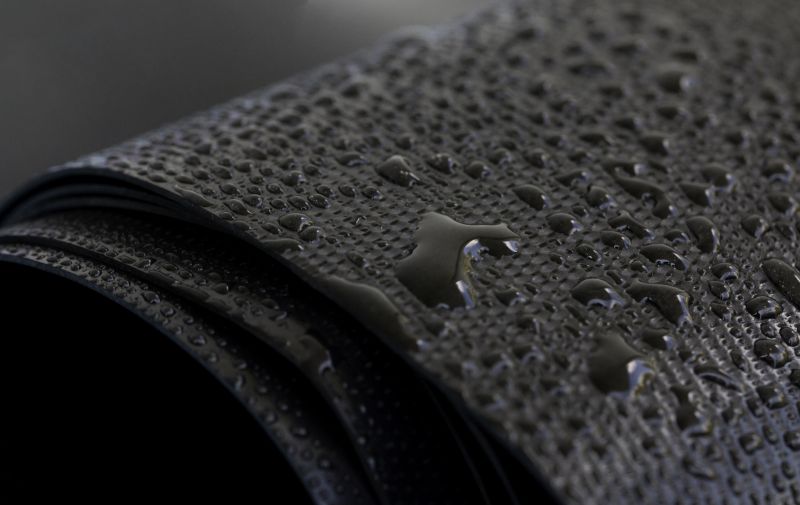
Popular materials for Waterproofings and why they hold up over time.
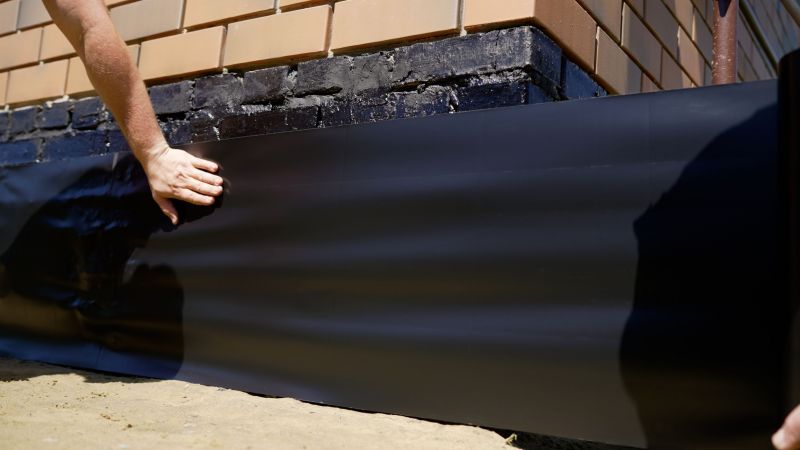
Simple add-ons that improve Waterproofings without blowing the budget.
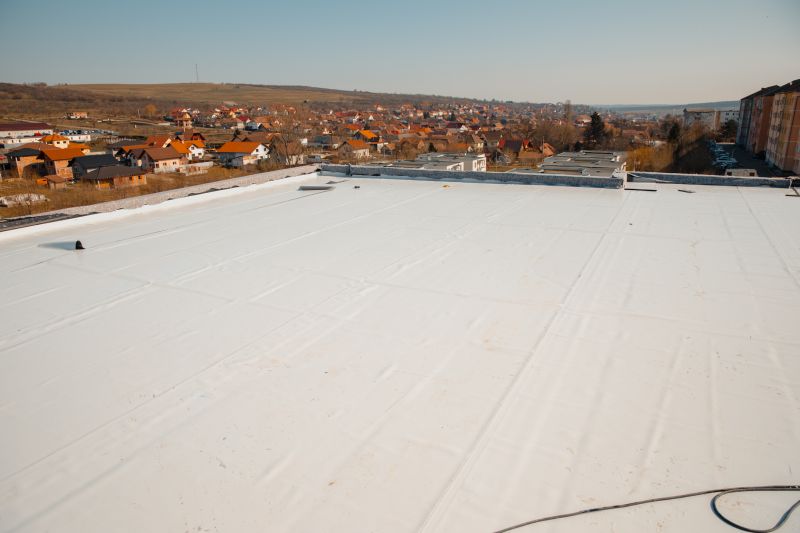
High-end options that actually feel worth it for Waterproofings.
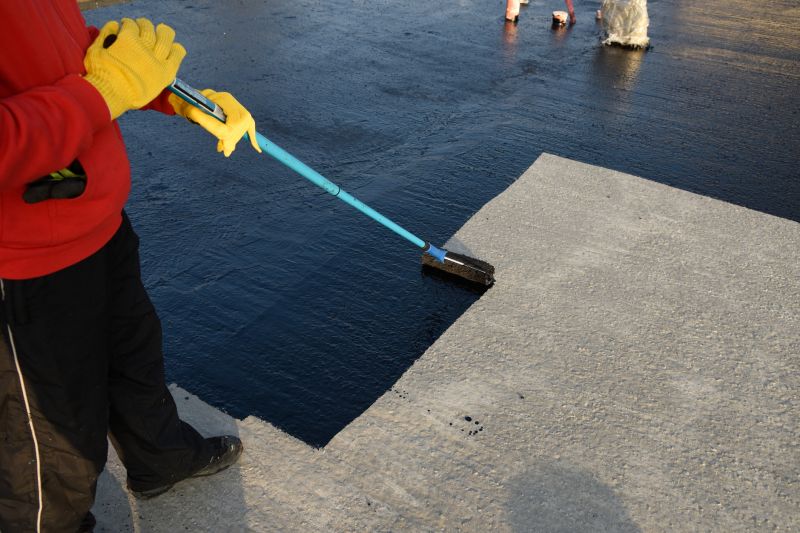
Finishes and colors that play nicely with Waterproofings.
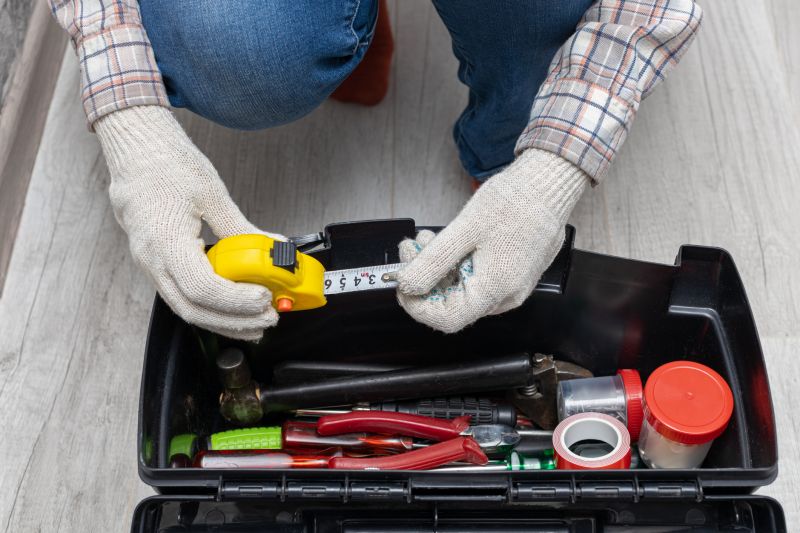
Little measurements that prevent headaches on Waterproofings day.
Waterproofings are essential for protecting structures from water intrusion, which can cause significant damage over time. Properly applied waterproofing systems prevent leaks, mold growth, and structural deterioration. They are used in various applications including foundations, roofs, basements, and balconies.
Statistics indicate that water-related damages account for a substantial portion of property repair costs annually. Effective waterproofing can extend the lifespan of buildings and reduce maintenance expenses. The selection of appropriate waterproofing materials and timing is critical to achieving optimal results.
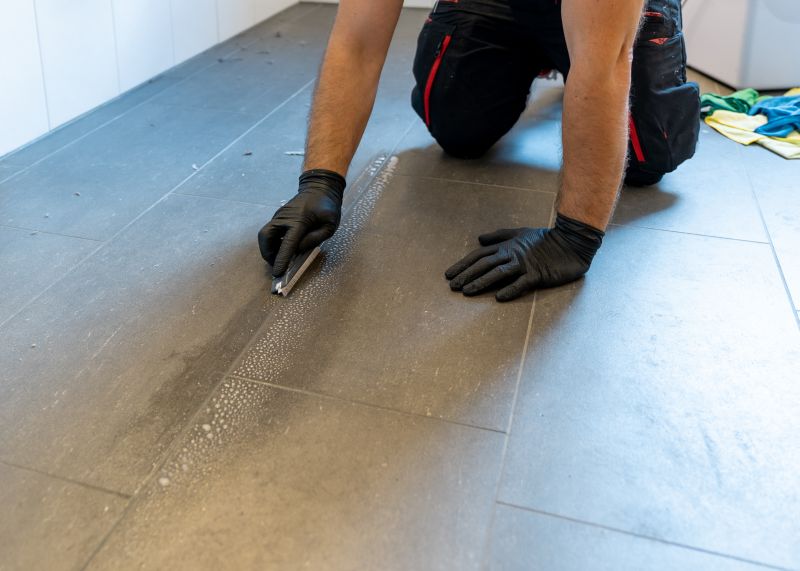
A 60-second routine that keeps Waterproofings looking new.
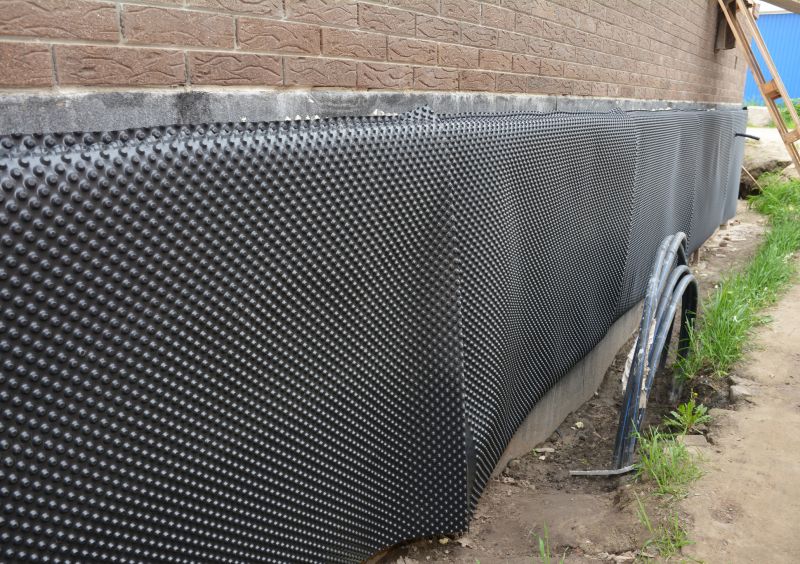
A frequent mistake in Waterproofings and how to dodge it.
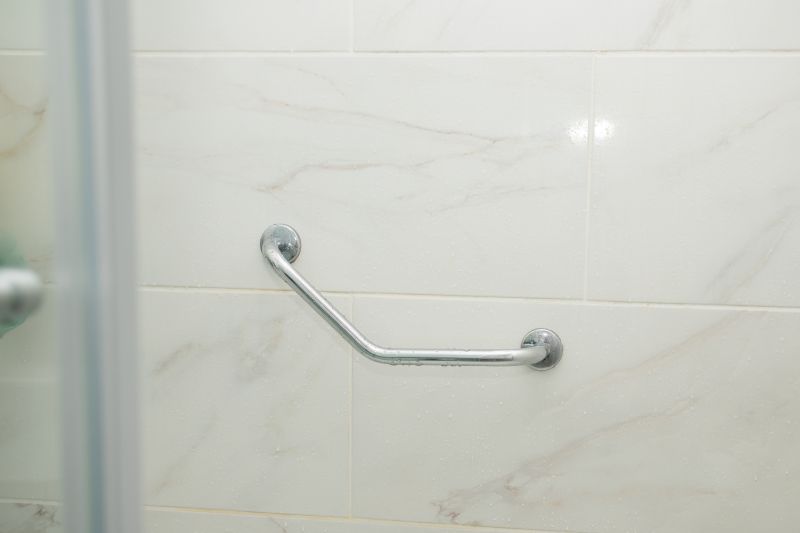
Small tweaks to make Waterproofings safer and easier to use.
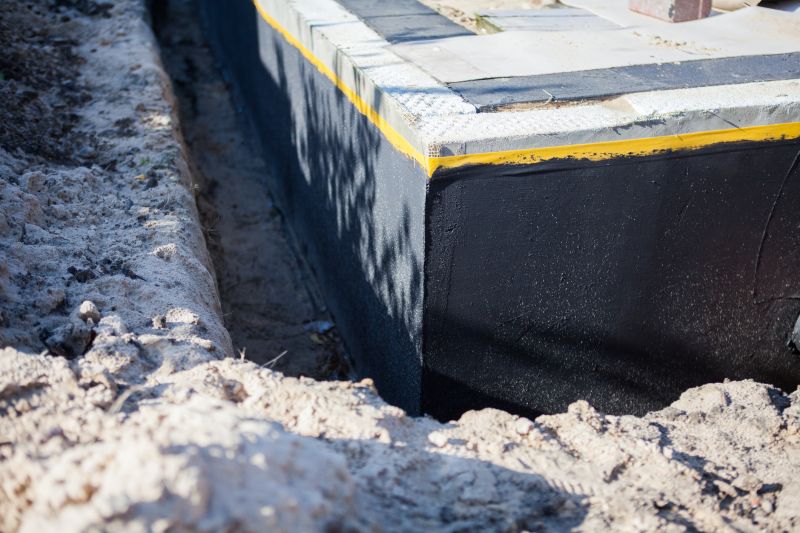
Lower-waste or water-saving choices for Waterproofings.
| Season | Recommended Timing |
|---|---|
| Spring | Ideal for application due to moderate weather conditions. |
| Early Summer | Suitable if dry weather persists. |
| Late Summer | Possible with dry spells before colder weather. |
| Fall | Good for waterproofing before winter. |
| Winter | Not recommended due to low temperatures and moisture. |
| Rainy Seasons | Avoid application during heavy rain or high humidity. |
Choosing the right time for waterproofing ensures long-lasting protection and minimizes the risk of water damage. Proper scheduling, combined with quality materials and professional application, maximizes the effectiveness of waterproofing systems.
Interested parties are encouraged to contact for more information about waterproofing services and scheduling. Filling out the contact form can help determine the best timing and solution for specific project needs.

